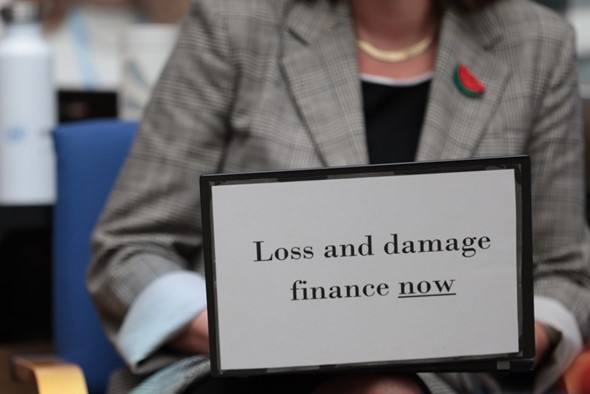
Slow Progress in Baku Threatens to Derail Climate Finance Talks Ahead of COP29
At the latest climate negotiations in Baku, countries made minimal progress toward establishing a new climate finance goal, jeopardizing the main expected outcome of the upcoming COP29 summit. The talks, which concluded on Thursday, are the last round of technical negotiations before COP29, and the lack of a breakthrough raises concerns about whether a new finance framework will be in place to replace the current $100-billion-a-year target.
The central issue revolves around defining the New Collective Quantified Goal (NCQG) for climate finance, including determining who should contribute—the "contributor base"—and how much funding will be mobilized, known as the "quantum." These critical aspects remain unresolved, stalling the discussions.
Mukhtar Babayev, COP29 President-Designate, acknowledged that while the negotiations have made progress, there is still a risk of "falling short." He urged all parties to show "determination and leadership" to bridge the remaining gaps, warning that rigid positions could leave too many unresolved issues for COP29.
Civil society organizations, including members of the Climate Action Network (CAN), expressed frustration with the lack of preparation from wealthier nations. In a joint statement, they criticized rich countries for failing to provide a clear outcome, which has left developing nations uncertain about how to plan their national climate commitments, or NDCs. These countries are expected to submit more ambitious climate goals by February 2025, but their plans depend heavily on the availability of climate finance.
Disputes Over Contributions
A major sticking point in the talks was the question of who should provide financial support to vulnerable countries. Developing nations, led by the G77 group, rejected proposals from wealthier countries to include high-emitting emerging economies like China and affluent states in the Gulf as contributors. India, representing the G77, argued that developed nations must offer "affordable, accessible, and adequate" finance, criticizing the current system, which mostly delivers funds in the form of loans.
India's negotiator emphasized the need for loss and damage finance to be part of the NCQG, noting that the previous $100-billion goal only covered adaptation and mitigation. The G77 is pushing for public finance to be delivered through grants or concessional terms, rather than loans.
Developed countries, on the other hand, maintained that some developing nations should contribute to the new finance goal. The UK's representative argued that the world has changed since the original climate agreements in 1992, and country groupings must reflect those changes. Wealthier nations also stressed the importance of private finance in achieving the NCQG, with New Zealand highlighting the need for structural transformation, which requires private sector involvement.
Criticism of Developed Countries
Climate finance experts monitoring the talks criticized wealthier nations for their lack of commitment, accusing them of acting in "bad faith" and remaining "silent on future climate finance." Liane Schalatek, associate director of the Heinrich Böll Foundation Washington, voiced frustration that, despite three years of discussions, there is still no clear indication of what developed countries will offer in terms of the NCQG.
With COP29 fast approaching, campaigners expressed concern that ministers will have too many unresolved issues to address at the summit. Mariana Paoli, global advocacy lead at Christian Aid, accused developed countries of undermining the finance negotiations and warned that a weak outcome at COP29 would have devastating consequences for communities in the Global South.